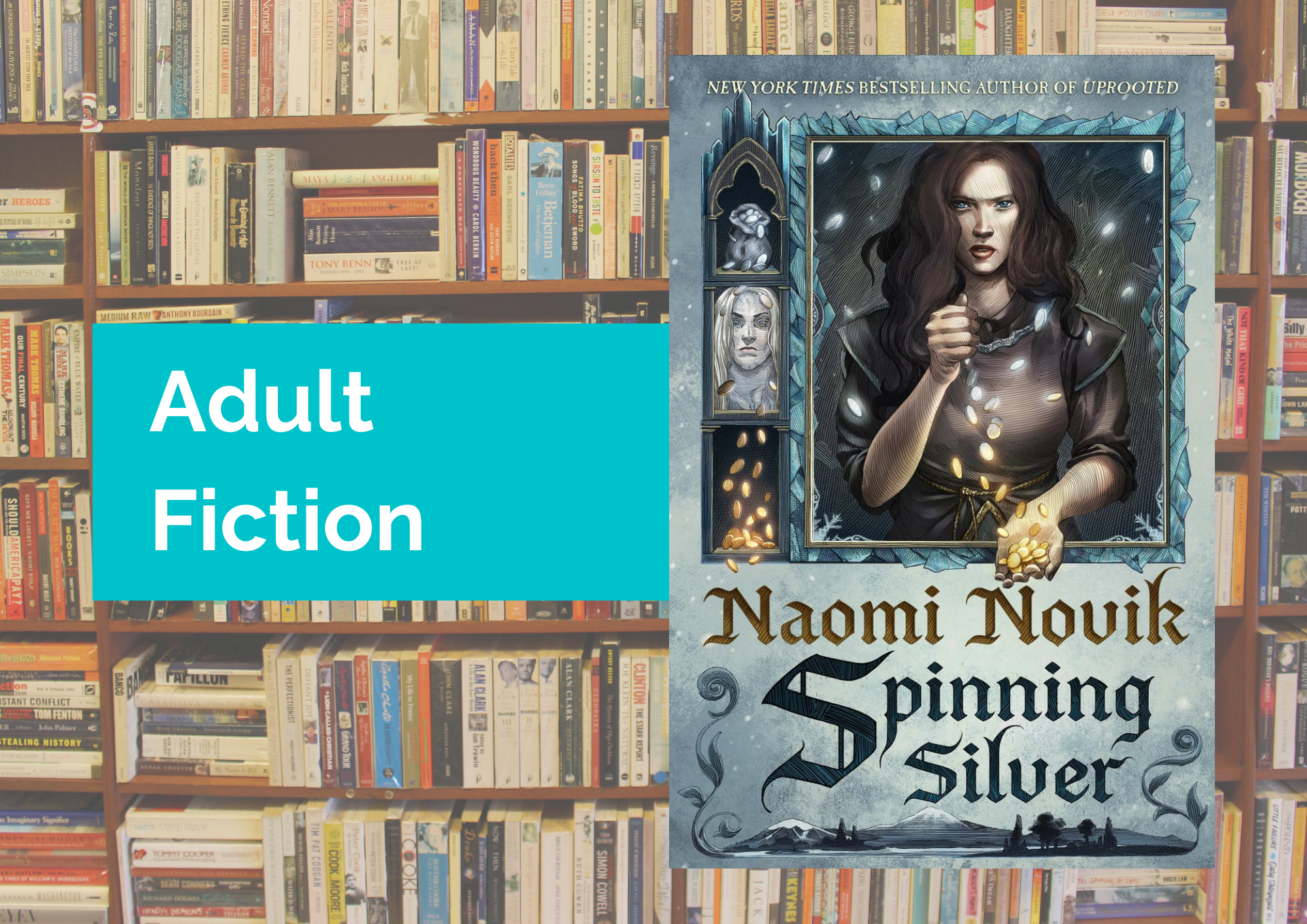
Author: Anders Rydell
Review by: Elaine, Newbridge Library
While the Nazi party was being condemned by much of the world for burning books, they were already hard at work perpetrating an even greater literary crime. Through extensive new research that included records saved by the Monuments Men themselves—Anders Rydell tells the untold story of Nazi book theft, as he himself joins the effort to return the stolen books. When the Nazi soldiers ransacked Europe’s libraries and bookshops, large and small, the books they stole were not burned. Instead, the Nazis began to compile a library of their own that they could use to wage an intellectual war on literature and history. In this secret war, the libraries of Jews, Communists, Liberal politicians, LGBT activists, Catholics, Freemasons, and many other opposition groups were appropriated for Nazi research, and used as an intellectual weapon against their owners. But when the war was over, most of the books were never returned. Instead many found their way into the public library system, where they remain to this day.
Now, Rydell finds himself entrusted with one of these stolen volumes, setting out to return it to its rightful owner. It was passed to him by the small team of heroic librarians who have begun the monumental task of combing through Berlin’s public libraries to identify the looted books and reunite them with the families of their original owners.
For those who lost relatives in the Holocaust, these books are often the only remaining possession of their relatives they have ever held. And as Rydell travels to return the volume he was given, he shows just how much a single book can mean to those who own it.
I was reminded of two sayings after reading this book : “The pen is mightier
than the sword†and “Those who control the past control the futureâ€
(https://www.azquotes.com/quotes/topics/rewriting-history.html). The Nazi’s
knew that very well. In his gripping book Rydell tells the story of one of the
Nazis’ least known and greatest crimes-the theft of books from hundreds of
public institutions and private collections. The book is a horrifying and at
times a terrifying read, as it isn’t the actual physical books that were taken, but
also the priceless cultural and historical identity of the communities and
families to whom the books belonged. I would recommend this book to anyone
wanting a better understanding of the time period around World War 2.
This title is available to borrow from Bolinda Borrowbox in ebook format.







Leave a Reply